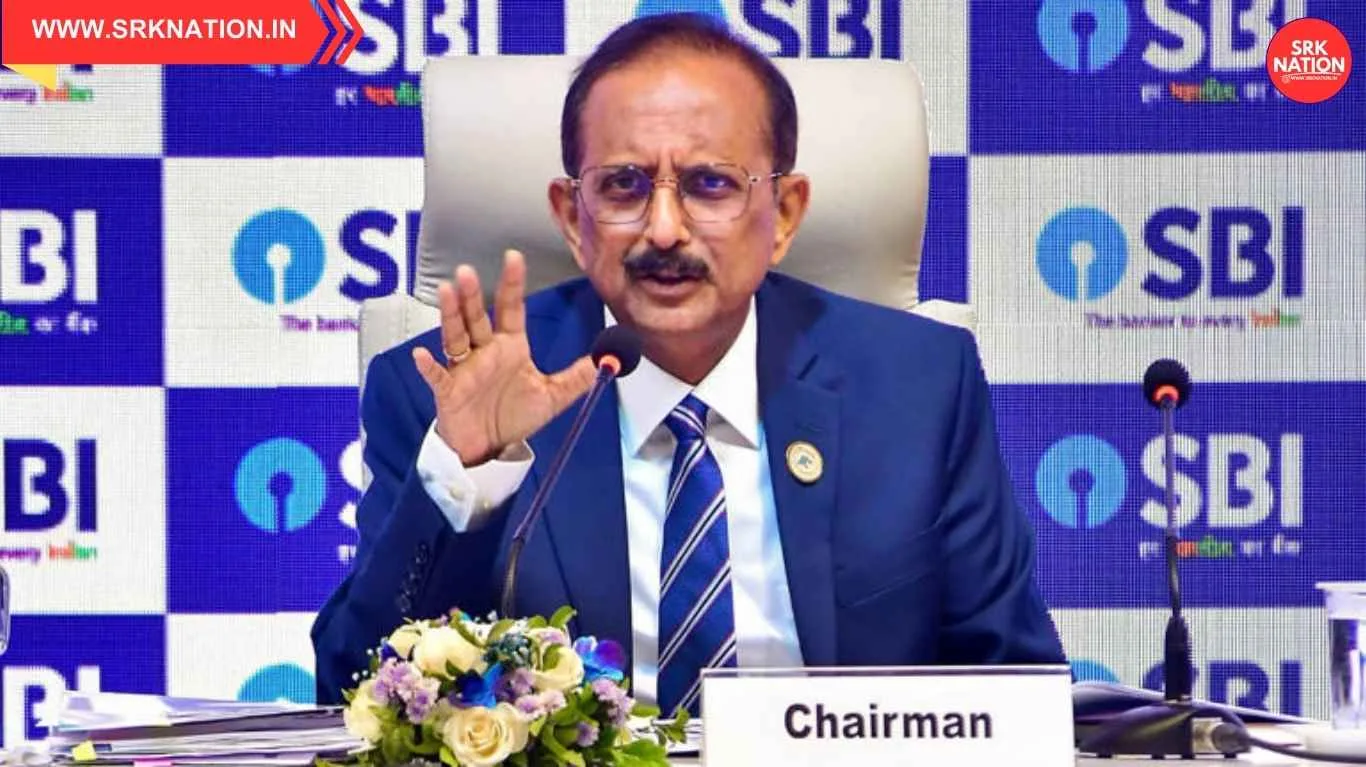India’s infrastructure sector posted a robust recovery in August 2025, with core industries growing at 6.3% year-on-year—the highest pace in 13 months. The latest data released by the Ministry of Commerce and Industry signals a strong rebound in industrial activity, driven by double-digit expansion in coal, electricity, and steel production.
The eight core sectors—coal, crude oil, natural gas, refinery products, fertilizers, steel, cement, and electricity—account for nearly 40% of the Index of Industrial Production (IIP). August’s performance marks a sharp improvement over July’s 4.2% growth and reflects a broad-based recovery across segments.
Economists attribute the surge to pre-festive demand, improved monsoon distribution, and higher capacity utilization in key industries. The data also aligns with other macro indicators such as GST collections, PMI readings, and freight volumes, all pointing toward a strengthening economic momentum ahead of the festive quarter.
Core Sector Performance – August 2025 vs August 2024
| Sector | Growth Rate (Aug 2025) | Growth Rate (Aug 2024) | Key Drivers |
|---|---|---|---|
| Coal | 12.1% | 7.6% | Power demand, inventory buildup |
| Electricity | 10.4% | 5.9% | Grid expansion, urban consumption |
| Steel | 9.8% | 6.2% | Infra push, auto sector recovery |
| Cement | 5.6% | 3.1% | Real estate, rural housing |
| Fertilizers | 3.2% | 1.9% | Kharif sowing, subsidy support |
| Refinery Products | 2.9% | 4.5% | Stable crude prices |
| Natural Gas | 2.1% | 1.3% | Domestic output, LNG imports |
| Crude Oil | -0.5% | -1.2% | Declining domestic reserves |
The coal sector led the pack with a 12.1% growth, supported by higher dispatches to thermal power plants and increased mining activity. Electricity generation rose 10.4%, reflecting strong urban and industrial consumption. Steel and cement also posted healthy gains, buoyed by infrastructure spending and real estate activity.
Crude oil remained the only laggard, contracting 0.5% due to declining domestic reserves and limited exploration activity. However, the impact was offset by gains in refinery products and natural gas.
The overall core sector index stood at 156.7 in August, compared to 147.4 in the same month last year. This uptick is expected to positively influence the IIP data for August, which will be released next month.
Monthly Core Sector Index – Last 6 Months
| Month | Core Sector Index | YoY Growth (%) | MoM Change (%) |
|---|---|---|---|
| March 2025 | 145.2 | 3.5% | -0.8% |
| April 2025 | 148.6 | 4.1% | +2.3% |
| May 2025 | 150.3 | 4.8% | +1.1% |
| June 2025 | 152.7 | 5.2% | +1.6% |
| July 2025 | 153.9 | 4.2% | +0.8% |
| August 2025 | 156.7 | 6.3% | +1.8% |
Industry leaders have welcomed the data, calling it a sign of resilience and recovery. “The August numbers show that India’s industrial engine is gaining traction. With festive demand kicking in and policy support continuing, we expect this momentum to sustain through Q3,” said a senior executive at the Confederation of Indian Industry (CII).
The government’s infrastructure push under schemes like PM Gati Shakti, Bharatmala, and Smart Cities Mission has played a key role in driving demand for steel, cement, and electricity. Additionally, rural housing schemes and urban redevelopment projects have supported construction activity.
Economists believe the strong core sector performance will support GDP growth in Q2 FY26, which is projected to be around 7.2%. The Reserve Bank of India (RBI) has maintained a balanced stance, keeping repo rates unchanged while monitoring inflation and growth dynamics.
Key Economic Indicators – August 2025 Snapshot
| Indicator | Value/Trend | Remarks |
|---|---|---|
| Core Sector Growth | 6.3% | 13-month high |
| GST Collections | ₹1.72 lakh crore | Robust consumption |
| Manufacturing PMI | 56.8 | Expansion zone |
| Rail Freight Volume | 132 million tonnes | Strong logistics activity |
| Power Demand | 215 GW peak | Urban and industrial surge |
Looking ahead, analysts expect the momentum to continue, especially with festive consumption, government capex, and private investment picking up. However, risks remain in the form of global oil price volatility, geopolitical tensions, and uneven monsoon impact on rural demand.
The Ministry of Finance is expected to release its mid-year economic review next month, which will provide further clarity on fiscal trends and growth outlook. Meanwhile, the strong core sector data has boosted investor sentiment, with benchmark indices posting gains and infrastructure stocks rallying.
Disclaimer: This article is based on publicly available government data, industry commentary, and economic analysis. It does not constitute investment advice or political endorsement. All figures are subject to revision by official agencies. The content is intended for editorial and informational purposes only.











